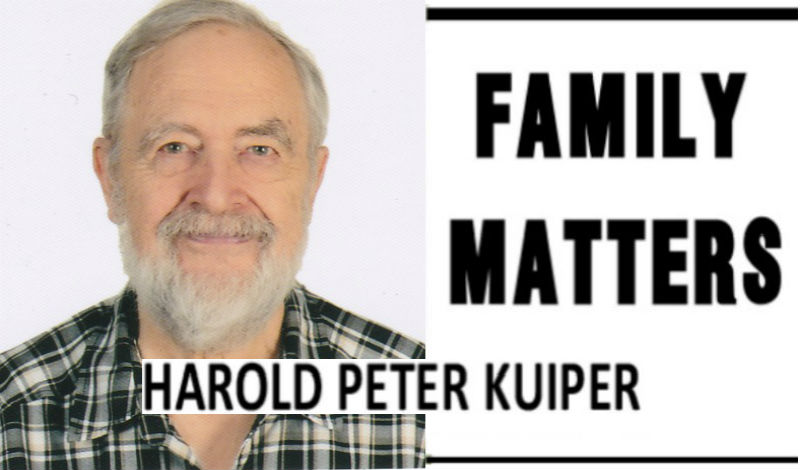At their next meeting, the group Brent and Edna brought together discussed their first choice from last week’s list, Help us understand the Bible, salvation and the kingdom of heaven. But first Brent asked Father Henry, an Anglican priest, to open with a prayer: Oh Lord, before whom all hearts are open, no desires known, and from whom no secrets are hid, cleanse the thoughts of our minds by the inspiration of thy Holy Spirit, that we might worthily understand Thy Word, and apply it in our lives, through Christ our Lord, amen.
Henry then said, “The question before us should be divided into two related parts. Let’s take the part about the Bible tonight. 2 Timothy 3:16-17 (Contemporary English Version) says Everything in the Scriptures is God’s Word. All of it is useful for teaching and helping people and for correcting them and showing them how to live. The Scriptures train God’s servants to do all kinds of good deeds. Does anyone have any comments or questions on this passage?”
Dr. Erick, a physician, says, “Yes, I do. Back when I was attending Bible college, the translation we studied was the NIV, All Scripture is God-breathed (inspired). . . That’s a little different from ‘Everything in Scripture is God’s word’, isn’t it?’ “Yes,” says Henry “All Scripture” probably means Scripture over-all, or as a whole. But ‘Everything in it’ implies, well, everything! Even all the nasty deeds and words in it, even the imprecatory psalms, like Psalm 109 and the last verse of Psalm 137, words which clearly contradict the major messages of Jesus (to love your enemy) and the O.T. prophets like Isaiah—Learn to do right; seek justice. Defend the oppressed. Take up the cause of the fatherless, plead the case of the widow. Isaiah 1: 17. (The next verse implies that NOT doing this is SIN!)”
Meritess Alban, a BSU professor, asks, “Then in what sense is ‘all scripture inspired’? I read passages like those in psalms, or read about how Yahweh in Joshua orders the killing of whole families, even the children, of pagan tribes taken captive, and I just want to throw the Bible down!”
Henry answers, “When what was to be called “The Holy Land” was being seized after the exodus from Egypt and the 40 year wandering in the desert, the enemy tribes were really wicked, viciously lawless, and very idolatrous. They worshipped many gods, like Baal and Astarte, who required visiting cult prostitutes to induce them to grant fertility to farms and families, and Moloch, who was literally a consuming fire, and to whom children were sacrificed. When these tribes were conquered, they and their children could not be taken into the Israelite camp because of ‘ritual pollution’—their idolatrous ways, it was feared, would somehow magically rub off on the Israelites. So these tribes were put under the ‘ban’.”
Alban replies, “So how should we consider Scripture’s inspiration?”
Phillip Jones, the counselor, says, “Maybe I can answer that. How do we get to know another person, just by watching him or her? No, it’s by their self-disclosure. Likewise with God: we—who are made in His image—get to know Him through His self-revelation.”
Henry says, “That’s right. God reveals himself through deeds and words. The Bible is the human response to these. More on this next week. . .. “














